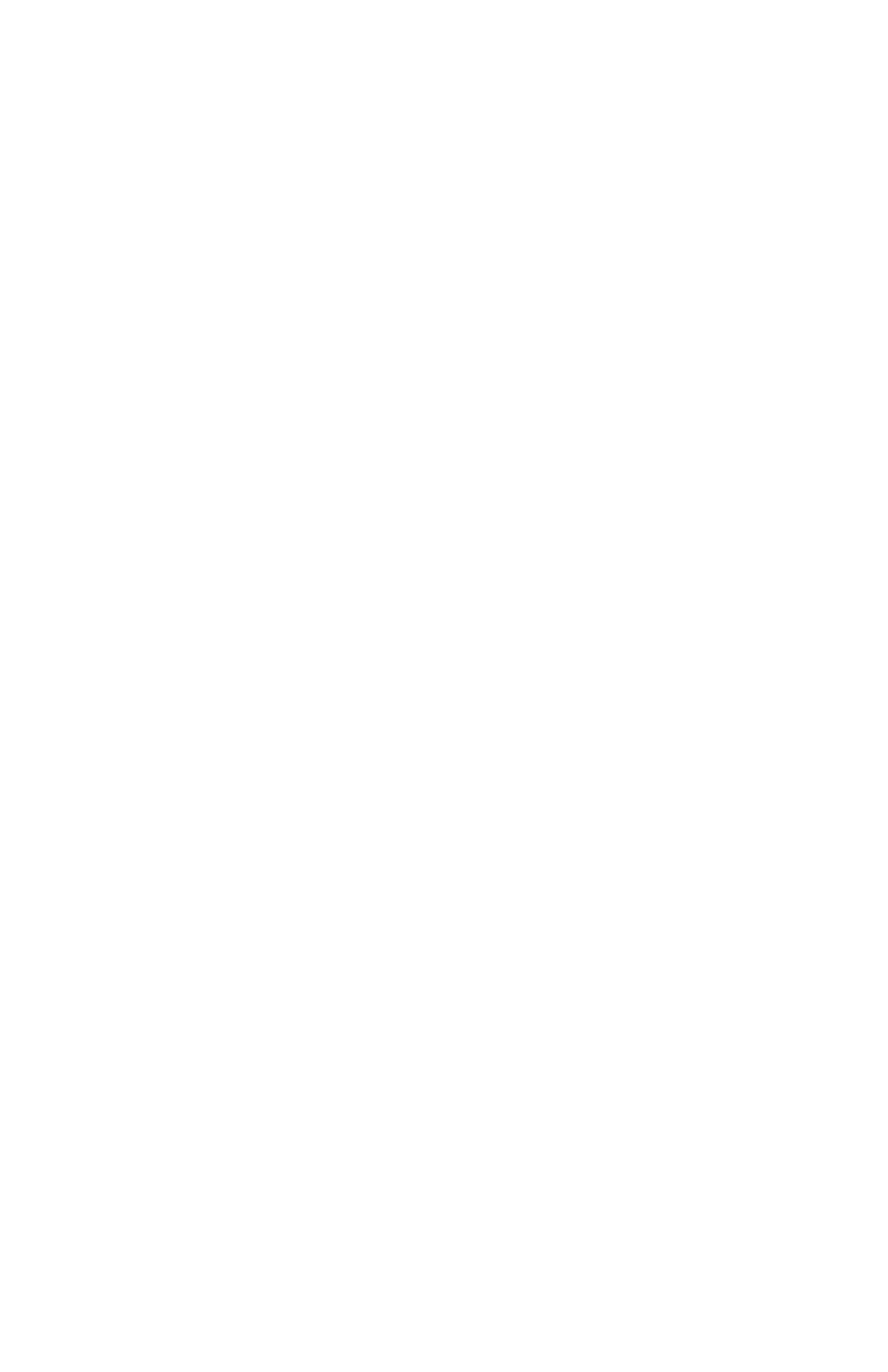
In some minor instances, artists and smaller labels release music under “generous”
licenses, such as the Creative Commons license. Yet, most all of the major labels
consider sharing MP3 files of their music over P2P networks as copyright infringement.
WNCC advises all computer users to refrain from the use of and cautions against installing
P2P software. If installing on your own equipment we caution you to read all user
agreements carefully beforehand. Make sure you read all available documentation from
the P2P software provider. Understand how the P2P software is configured and operates.
Be forewarned, some P2P programs have default settings that index the files on your
computer and offer the music or film files that you have acquired legitimately available
to other users of the P2P network. In such cases, you may unwittingly participate in
copyright infringement. In this context, not being aware that your computer is making
files available to other users may not be a defense to copyright infringement.
You are responsible for all activity that occurs on your own computer and the devices
that are registered to you.
Infringing conduct exposes the infringer to the risk of serious legal penalties, both
civil and criminal. Civil penalties may include actual damages and profits, or statutory
damages (ranging from $750 to $30,000 per work that is infringed). Moreover, the court
can also award reasonable attorney’s fees and costs and increase the damages in the
case of a willful infringement. Criminal penalties can include fines and imprisonment.
Organizations such as the RIAA and the MPAA monitor P2P networks, obtaining
“snapshots” of users’ Internet protocol (IP) addresses. They record the files that users
are downloading or uploading from their P2P directories. They document the time that
downloading or uploading occurs and the Internet service provider (ISP) through which
the files travel.
Copyright owners target both those who upload music over the P2P network and those
who download from the network. In addition to monitoring networks and obtaining
IP address “snapshots,” copyright owners may use the P2P networks themselves and
upload copyrighted content while keeping a legal record of the downloading actions
of other users.
Once this information has been obtained, the RIAA, MPAA, and other copyright owners
and their representatives can file a “John Doe” lawsuit and issue a subpoena to the
ISP demanding the identity of the user connected to that IP address at the time of the
infraction.
Copyright Infringement Notifications
As an ISP for its students, faculty, and staff, WNCC may receive notices from the RIAA
or MPAA identifying the IP addresses of WNCC account holders believed to be sharing
copies of copyrighted music and videos without authorization. WNCC reserves the
right to demand that the infringing conduct cease immediately. In serious situations,
further disciplinary sanctions may also be appropriate.
The RIAA or MPAA often presents an option for the alleged illegal file sharer to settle
the lawsuit out of court for a given amount of money. If the user is determined to
have infringed copyrights, whether through P2P networks or other means, and has
not settled, he or she may also be subject to sanctions such as monetary damages and
the required destruction of all unauthorized copies. In certain circumstances, federal
authorities can criminally prosecute copyright infringement. By participating in illegal
file sharing, you may be subject to a lawsuit even after you have destroyed any illegal
copy or copies of copyrighted material that were in your possession.
224


